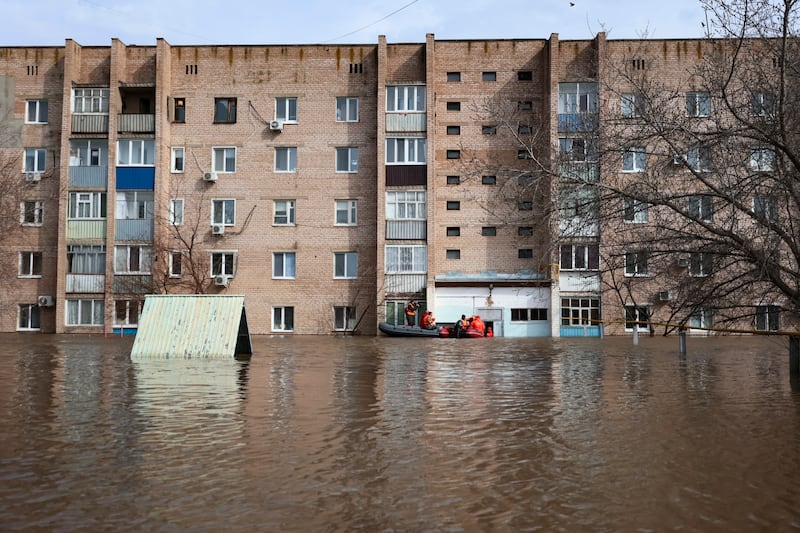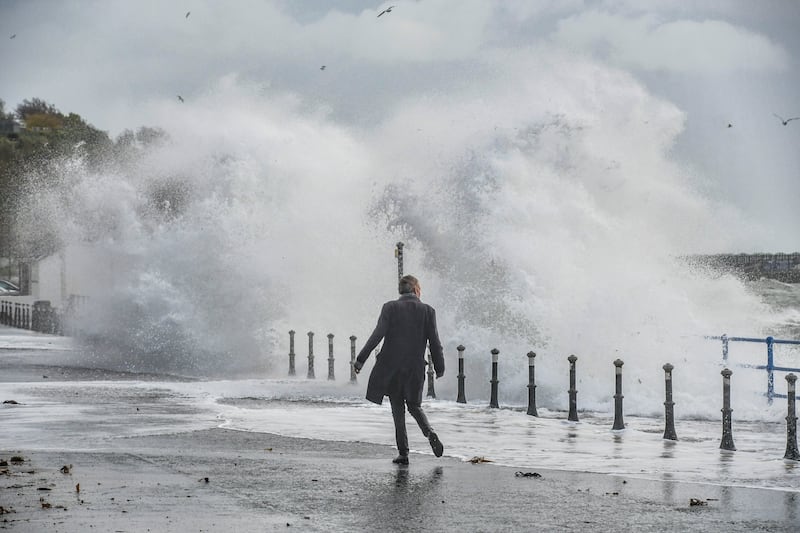Climate change made the ongoing heatwave gripping much of northern Europe more than twice as likely to occur, scientists have said.
An initial assessment of the prolonged spell of hot weather suggests rising temperatures caused by human activity increased the odds of it happening.
Researchers from the World Weather Attribution network warn that such events will become “even less exceptional” as global temperatures continue to increase.
The team used modelling to compare the likelihood of the heatwave in today’s world with the chances of it occurring in a world without the climate change caused by humans.
They examined temperatures at seven weather stations in northern Europe, including two in Finland, and one each in Denmark, the Irish Republic, the Netherlands, Norway and Sweden.
Analysis of temperatures from Dublin suggest man-made climate change made the heatwave an estimated two times more likely, while in Copenhagen the odds increased by a factor of five.
Dr Geert Jan van Oldenborgh, senior researcher at the Royal Netherlands Meteorological Institute (KNMI), said: “We found that for the weather station in the far north, in the Arctic Circle, the current heatwave is just extraordinary – unprecedented in the historical record.
“And while that is a striking finding, it’s hard for us to quantify the increase in likelihood accurately because summer temperatures vary a lot from year to year, making it impossible to estimate the trend from the observations.
“The same is true for the other three northern stations.
“But for the three stations further south – in the Netherlands, Denmark and Ireland – the historical record does allow us to make a calculation, and it shows that climate change has generally increased the odds of the current heatwave more than two-fold.”

Extreme heat has been seen in the northern hemisphere in recent months, with temperatures exceeding 30C (86F) in the Arctic Circle.
Dr Friederike Otto, deputy director of the Environmental Change Institute at the University of Oxford, said: “The logic that climate change will do this is inescapable – the world is becoming warmer, and so heatwaves like this are becoming more common.
“What was once regarded as unusually warm weather will become commonplace – in some cases, it already has.
“So this is something that society can and should prepare for – but equally there is no doubt that we can and should constrain the increasing likelihood of all kinds of extreme weather events by restricting greenhouse gas emissions as sharply as possible.”
Because extreme weather events are unique it is not possible to say that climate change caused them, the scientists said; however, it is possible to say whether it increased or decreased the likelihood them happening.
The findings are preliminary, based on calculations before the end of the heatwave, with the final results expected at the end of the summer.








